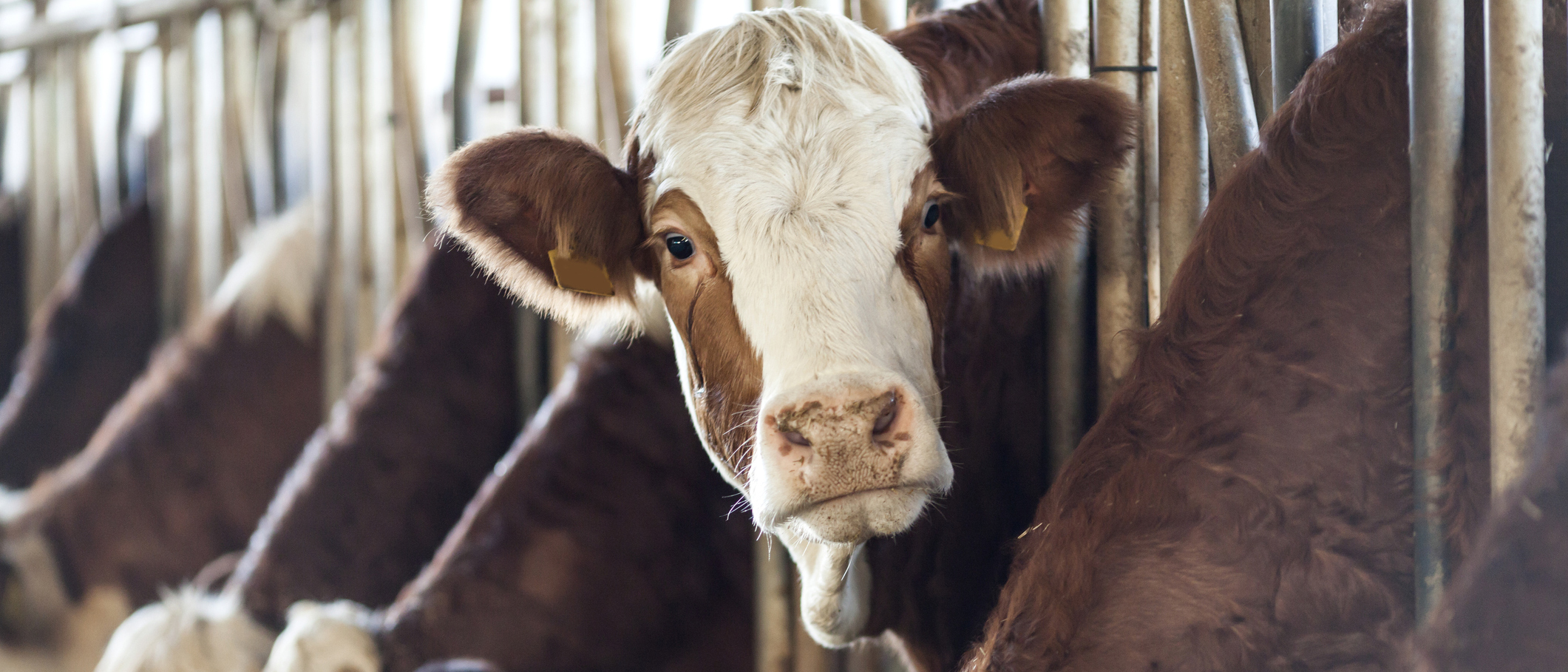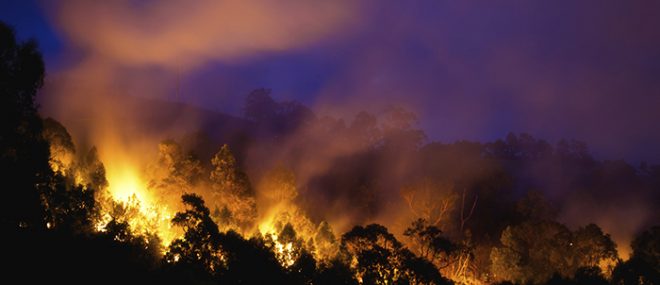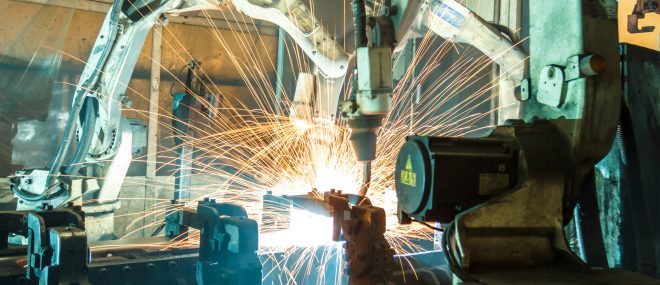When your business is livestock, you have a lot to consider. Food and shelter are the basics, but everything from tools and machinery to safety measures and routine maintenance play a big role in your daily operations. The trouble is that on a working farm, one small event can trigger a string of problems that put your entire operation at risk before you know it. From spoilage to building collapse, a major catastrophe could be right around the corner – unless you know the risks, and how to avoid them.
Do you know your weak points?
The bigger the farming operation, the more equipment and product is involved, and the higher potential losses can be. However, some problems can affect a farm of any size. Here are some of the top risks to keep in mind, no matter how extensive your farm operations.
- Fire
Farms are fairly flammable by nature: hay, straw, dust and barn board can combine to create a big pile of kindling under the right conditions. When you run a farm with livestock, these flammable materials can add up quickly in the form of feed, animal bedding and other related debris, and all it takes is a little trigger to set a barn alight, like:
- Rodents chewing through unprotected wiring and causing a spark
- A portable electric heater overheating
- Leaky or ruptured fuel tanks spilling or igniting
- Spontaneous combustion of hay
Any time a heat source is placed on top of a haystack on the ground or in a dusty barn, there’s a risk of fire. Likewise, infrequent maintenance or a disorganized workspace can cause problems: debris can build up in wood burning appliances, and electrical equipment used in wet areas could easily become electrical hazards. Have you checked your fuel tanks lately? Any tanks that are in disrepair or that have been improperly stored could be a major incident waiting to happen.
- Equipment failure
Faulty equipment and power failures are at the heart of many major farm losses. Dairy farms rely on milk storage tanks to house and preserve their product, so a power failure could result in a sizable stock of spoiled milk. In fact, spoilage is a primary concern for both dairy and poultry farms, especially during hot summer weather.
Although poultry barns generally use minimal machinery, the ventilation system is a crucial component of a healthy operation. Overheating is a serious threat, especially in a broiler barn during the warmer months: if the mechanical ventilation system fails to move air through the barn, the enclosure can heat up quickly, and your entire flock could suffer heat stress. In the worst cases, all livestock could be lost.
- Building damage or collapse
Barns are built to last, but poor maintenance and general wear could jeopardize the structure. Roofing is one common weak point, especially when roof gusset plates begin to deteriorate. Without regular inspection and maintenance, corrosive materials (ammonia is a byproduct of poultry farming) can build up to weaken the plates. At this point, even a moderate snowfall could be heavy enough for the plates to give way and the roof to collapse on the animals and equipment inside.
A fallen roof is only one possible scenario. Your farm buildings could also sustain damage from burst pipes – these are prone to deterioration, too, and freezing temperatures can compromise their integrity. For dairy farms, which use piping for both water and milk, the risk can be particularly high. And even if your water damage isn’t beyond repair, the interruption to your business operations can set you back a significant amount of time and money.
Staying one step ahead of the risks
Running a farm demands attention. Put some measures in place now to protect your assets and eliminate some worry.
Think insulation and ventilation. When you pay attention to how air, water and energy are circulating, you’re in a better position to spot inconsistencies before they become hazards. Wiring should be protected with rigid covering, and areas with piping should be constantly heated. And whether you use natural or tunnel ventilation, it’s important to know how well it’s working: fans should be big enough for the size of your barn, and inspected regularly to make sure livestock aren’t overheating.
Spread out your gear. Clusters of equipment can be hazardous, especially when there’s the potential for fire. Take the time to find appropriate homes for all of your tools, equipment and products: store grain and hay in separate buildings from animals and processing equipment, and suspend heaters away from combustibles. Fuel tanks should live on stable surfaces, pointing away from structures.
Maintain your space. Smart farm maintenance goes beyond daily chores. In addition to your general cleaning routine, some useful tools and approaches will help keep mess manageable, animals healthy and complications minimal:
- Delegate responsibilities: pipes, wood burning appliances, pest control measures and electrical equipment should be inspected regularly by certified professionals, and consider bringing in a specialist to perform periodic steam cleaning.
- Centrally monitored alarms that detect temperature limits can warn you before pipes freeze and livestock overheats, while chemical detectors like ammonia alarms will sound before corrosive elements have a chance to eat your roof away.
- Hot work and welding should be carried out with care and caution. Know the best practices for hot work on a farm, including how far to keep the heat source from combustible material, spark control measures, sprinkler usage and precautions to take once the work is done.
- Test your power system regularly to make sure it’s functioning well. Power outage alarms should be in good working order, your back-up generator should be tested under a full load and you should have a procedure in place to protect your product in case of an equipment breakdown.
It’s always a good idea to keep records of your maintenance schedule, quality control, veterinary programs and shipping arrangements, but the right insurance coverage can make or break your farming business if a major incident occurs. Farm Choice coverage from Northbridge Insurance touches all the risks and losses specific to farms, with an extensive list of options to tailor your policy. Your insurance broker can help determine what sort of coverage you need to keep your unique operation safe and sound.




